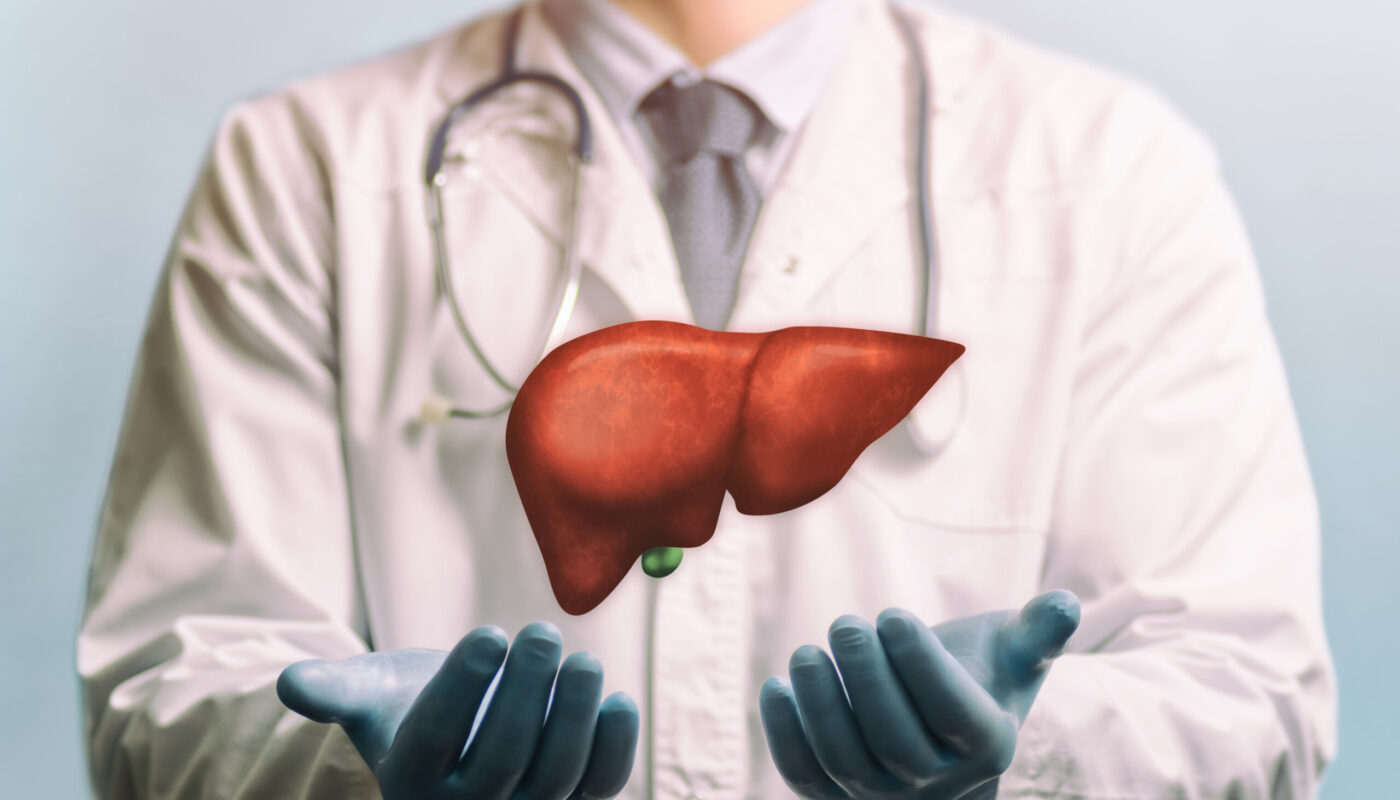A groundbreaking study led by researchers at Tübingen has unveiled the potential of a newly developed drug that could mark a significant breakthrough in the field of oncological liver surgery and liver transplantation. The drug, known as HRX-215, demonstrates promising capabilities in enhancing liver cell regeneration, offering hope for improved treatments for both acute and chronic liver diseases.
HRX-215 functions as an MKK4 inhibitor, targeting the MKK4 protein present in liver cells to stimulate the regeneration of damaged tissue. Published in the esteemed journal Cell, the study showcases the outcomes of preclinical and phase I trials conducted under the guidance of Prof. Dr. Lars Zender from Tübingen University Hospital, alongside researchers from Tübingen’s HepaRegeniX startup and the Mayo Clinic in the United States.
In animal models, preclinical investigations have shown that HRX-215 can boost liver regeneration to a level where previously infeasible liver surgeries, particularly in cases of advanced liver tumors, may become viable. By facilitating rapid regeneration, HRX-215 offers the possibility of complete tumor removal, addressing challenges where traditional surgeries fell short due to the risk of liver failure post-surgery.
Furthermore, the drug holds promise in expanding the pool of viable candidates for life-saving liver transplants. Initial phase I trials involving 48 healthy volunteers demonstrated excellent safety and tolerability profiles for HRX-215, paving the way for its potential applications in clinical settings.
Prof. Zender highlights the far-reaching implications of HRX-215, emphasizing its role in addressing organ shortages in liver transplantation. By enabling the safe removal and transplantation of smaller left liver lobes from healthy donors, the drug could revolutionize current practices, offering a solution to the limitations posed by organ size discrepancies post-transplantation.
The ability of HRX-215 to enhance liver regeneration swiftly opens up possibilities for overcoming existing transplantation challenges. Prof. Zender envisions a future where the drug could facilitate the transplantation of smaller liver lobes into adult recipients, rejuvenating prospects for successful liver transplants and potentially alleviating the strain on organ availability.
While the promising outcomes of preclinical and phase I trials offer a glimpse into the transformative impact of HRX-215, further clinical investigations are essential to validate its efficacy and safety in real-world clinical scenarios. The prospect of a novel treatment option with such far-reaching implications instills hope for a paradigm shift in the treatment of liver tumors and diseases, heralding a new era of innovation and advancement in the field of liver transplantation and surgery.
Note:
1. Source: Coherent Market Insights, Public sources, Desk research.
2. We have leveraged AI tools to mine information and compile it.



